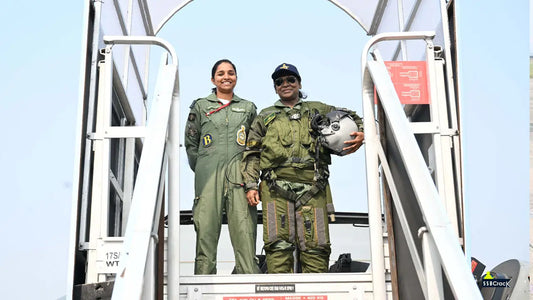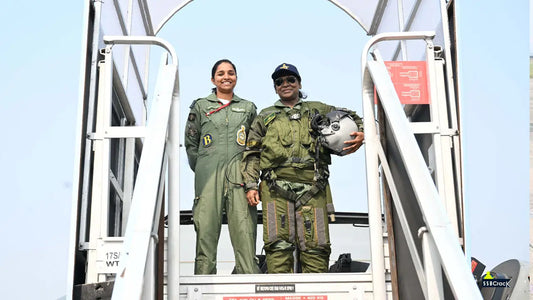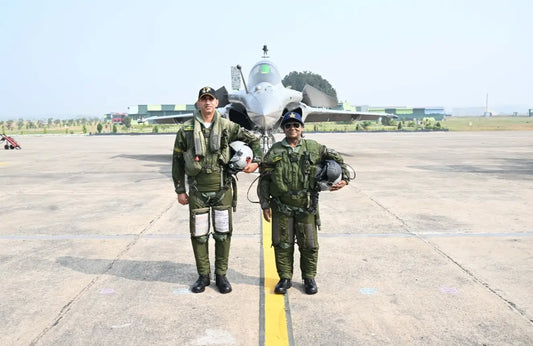Boeing AH-64E Apache Helicopters Set for July Delivery to Indian Army After Extended Delays

The Indian Army is set to receive its long-anticipated Boeing AH-64E Apache attack helicopters this month, according to a report by The Sunday Guardian Live. The $800 million agreement, inked in February 2020 during then-U.S. President Donald Trump’s visit to India, has encountered several delays, extending the delivery schedule by more than 18 months.
Initially, the full delivery of the six advanced combat helicopters for the Army Aviation Corps was planned for completion by February 2024. As of June 2025, none had been delivered, resulting in the 451 Aviation Squadron—established in March 2024 at Nagtalao, Jodhpur—remaining non-operational despite being fully staffed and trained.
Boeing attributed the delays to disruptions in the global supply chain and various technical difficulties, including a crucial fault in the electrical power generator that could lead to dangerous cockpit smoke. Revised timelines set in September 2024 anticipated the first deliveries by February 2025, which were not met. Defense sources now confirm that the first batch of three Apaches is expected in July 2025, with the remaining three scheduled for October to November.
Another factor in the delay was India's lower ranking in the U.S. Defense Priorities and Allocations System Program (DPAS-T), which caused procurement obstacles. Diplomatic negotiations between April and May 2024 improved India’s DPAS status, but lingering supply chain issues have continued to affect the timeline.
The AH-64E Apache is recognized as a formidable combat vehicle, often dubbed a "flying tank." It features advanced sensors and targeting systems, Hellfire air-to-ground missiles, Stinger air-to-air missiles, and a 30mm chin-mounted gun capable of firing 625 armor-piercing rounds per minute. Its capacity to coordinate with unmanned aerial vehicles and undertake deep reconnaissance missions makes it particularly valuable in desert warfare, particularly near the Pakistan border. These helicopters are designed to work alongside the Indian Air Force’s existing fleet of 22 AH-64Es, which were inducted between 2019 and 2021 under a separate $3.1 billion contract.
The acquisition of the Apache helicopters supports the Indian Army’s broader objective to develop its own attack helicopter squadrons, independent of the Air Force. This organizational change arises from the need for direct, responsive close-air support in armored combat situations and reflects India’s evolving Cold Start Doctrine, which prioritizes rapid mobilization and precise strikes against regional threats.
The delays have sparked discussions on India’s dependence on foreign defense providers. Some analysts suggest that the Biden administration's moderate diplomatic approach towards India—due to its neutral position on the Russia-Ukraine conflict—may have influenced the slowdown. However, with the Trump administration's return, there is an indication of renewed focus on U.S.-India defense collaboration.
Despite the setbacks, the Apache program remains of strategic importance. Boeing’s collaboration with Tata Advanced Systems Ltd. in Hyderabad, which produces Apache fuselages with 90% locally sourced components, underscores India’s aspirations under the Make in India initiative and highlights the expanding role of domestic industry in international defense supply chains.



















